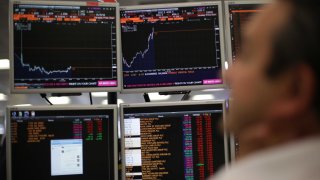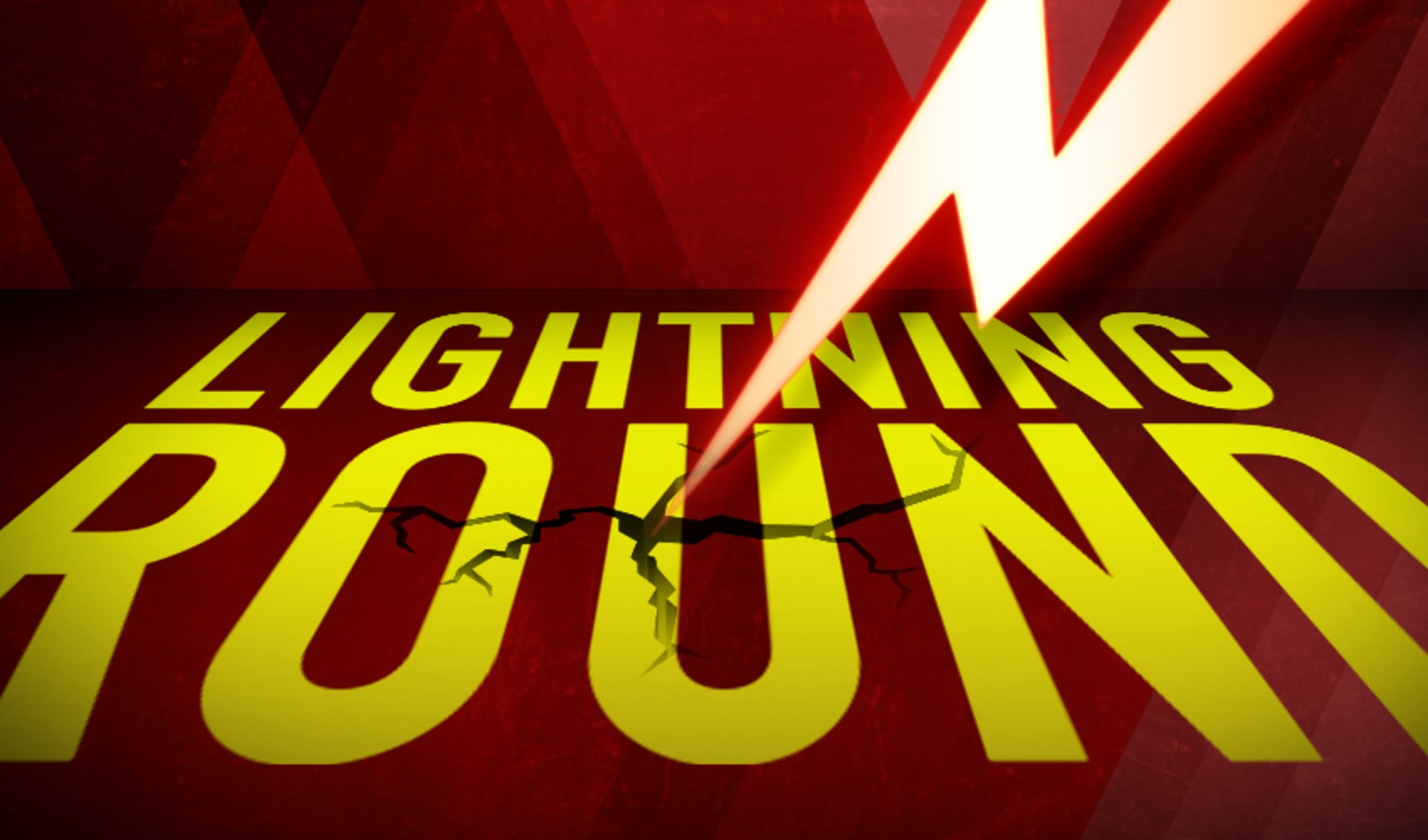
- Secretary of State Antony Blinken told his Russian counterpart Friday that the Kremlin could defuse tensions and concerns about a potential invasion by removing an extraordinary deployment of troops and equipment away from Ukraine's borders.
- U.K. retail sales dropped by 3.7% in December from the previous month, according to the Office for National Statistics, well below the 0.6% fall expected by economists in a Reuters poll.
LONDON — European markets closed sharply lower on Friday, tracking a global pullback for risk assets.
The pan-European Stoxx 600 dropped by 1.9%, with basic resources shedding 3.2% to lead losses as all sectors and major bourses slid into negative territory. Germany's DAX index finished 2% lower.
In terms of individual share price movement, wind turbine manufacturer Siemens Gamesa plunged more than 13% after cutting its revenue guidance for 2022, dragging owner Siemens Energy nearly 16% lower. Barely any stocks on the European blue chip index posted significant gains.
Get South Florida local news, weather forecasts and entertainment stories to your inbox. Sign up for NBC South Florida newsletters.
On Wall Street Friday, stocks moved lower as sharp losses in streaming giant Netflix dragged the Nasdaq Composite deeper into correction territory.
Back in Europe, Secretary of State Antony Blinken told his Russian counterpart Friday that the Kremlin could defuse tensions and concerns about a potential invasion by removing an extraordinary deployment of troops and equipment away from Ukraine's borders. U.S. intelligence has indicated Russia could attack within a month's time.
Elsewhere, Britain's GfK Consumer Confidence Index sank to -19 in January from -15 in December, its lowest reading since February 2021, as soaring inflation and the prospect of further interest rate hikes dampened the outlook.
Money Report
U.K. retail sales dropped by 3.7% in December from the previous month, according to the Office for National Statistics, well below the 0.6% fall expected by economists in a Reuters poll.
James Smith, developed markets economist at ING, said while the figures did not make for pleasant viewing, some perspective was required.
"Some of this fall is undoubtedly linked to omicron, given footfall appeared to have been a little lower in the run-up to Christmas," he said.
"But a lot of this also looks like a pullback after an unusually strong November and Black Friday. Strong October sales also hinted that consumers did more of their Christmas shopping early relative to past years, given news reports of possible shortages, though this is admittedly harder to prove."
In corporate news, Rio Tinto shares took a hit overnight after Serbia revoked the Anglo-Australian mining company's lithium exploration licenses, citing environmental concerns.
Meanwhile, Unilever has ruled out a fourth increase to its bid for GlaxoSmithKline's consumer health-care business, effectively abandoning a tie-up that had ruffled feathers among investors.
Subscribe to CNBC PRO for exclusive insights and analysis, and live business day programming from around the world.






